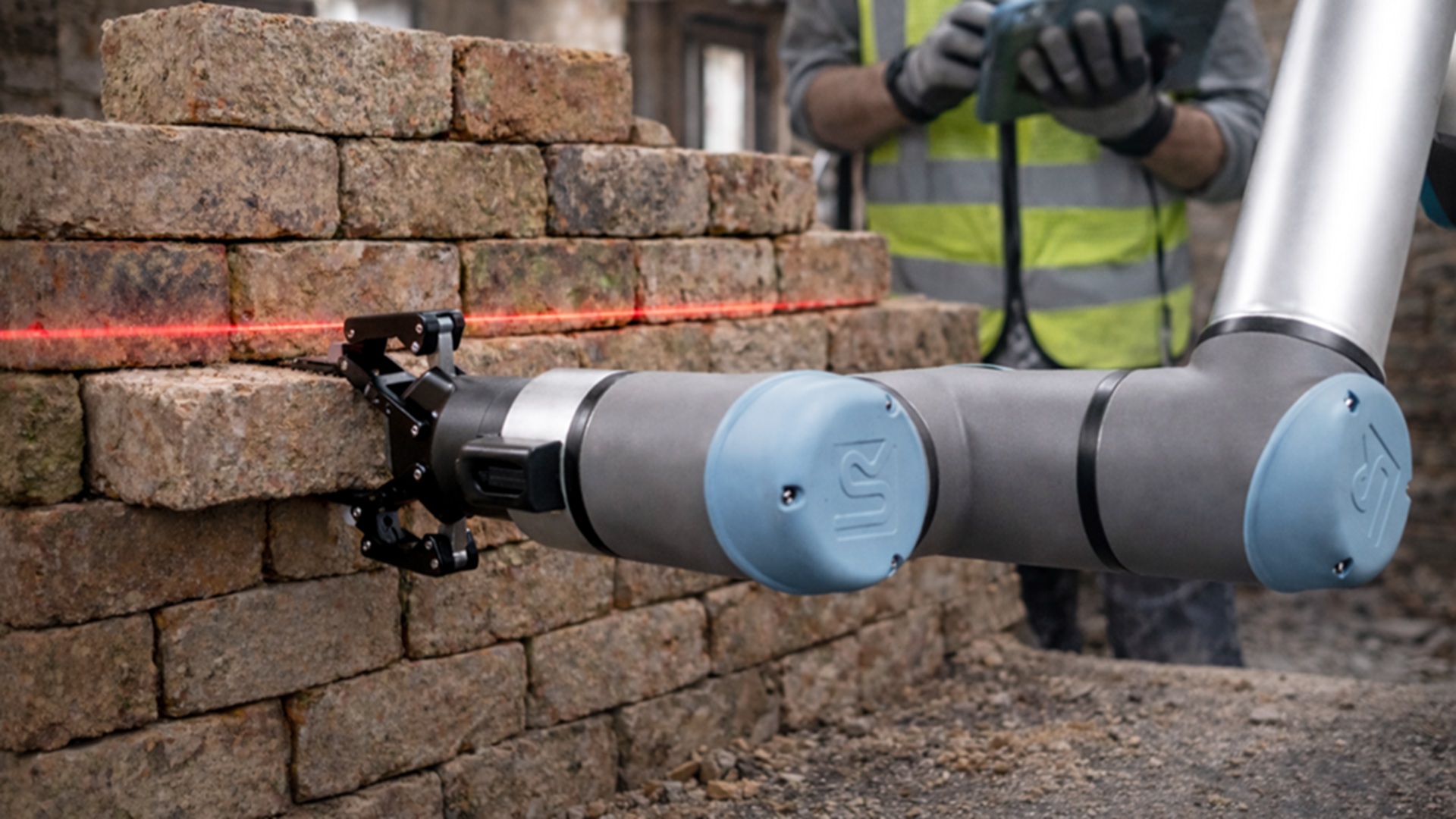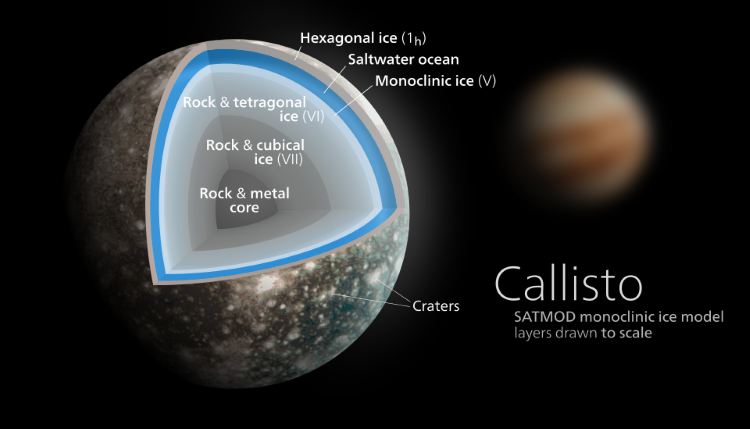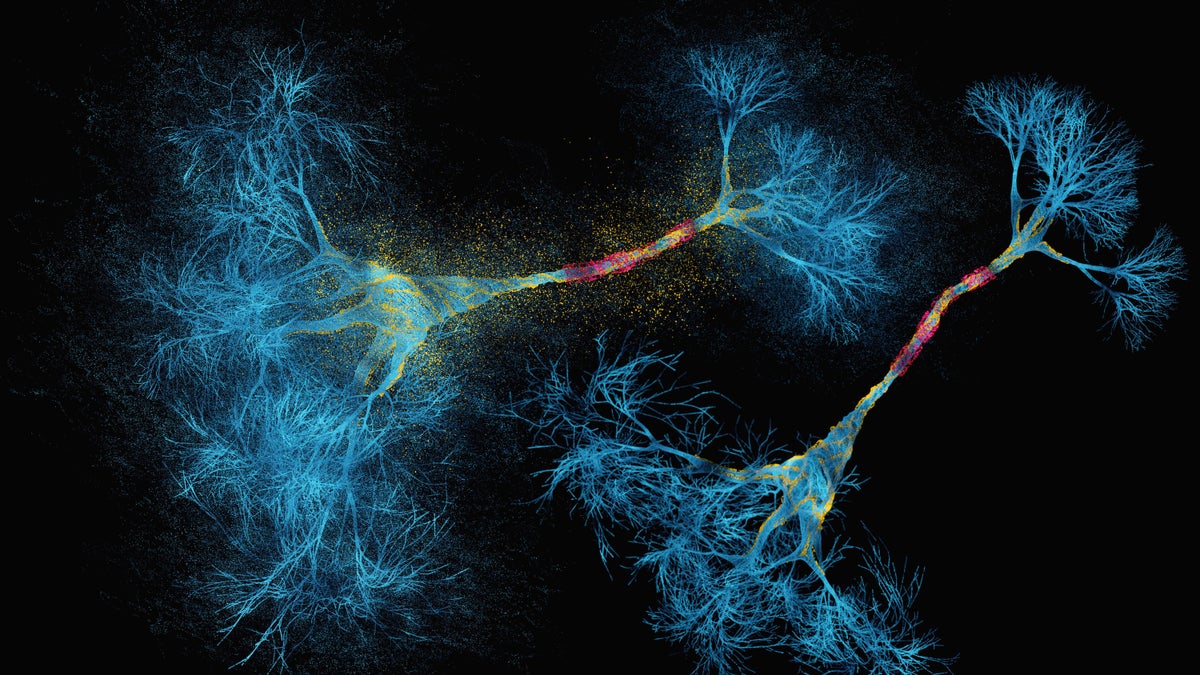2026-01-13
XTL Biopharmaceuticals Acquires 85% of NeuroNOS, Entering the Massive Autism Market with Nobel Prize-Winning Scientific Leadership
Unmatched scientific firepower: Two Nobel Laureates join Founder Prof. Haitham Amal, leading global autism researcherCritical unmet need: 1 in 31 U.S. children now affected, zero FDA-approved disease-modifying therapies existFDA Orphan Drug designations secured for autism-related Phelan-McDermid Syndrome (PMS) and GlioblastomaPlatform targets the core biology of autism, not just symptomatic reliefBeyond Air (NASDAQ:XAIR), majority owner of NeuroNOS, to hold 19.99% of XTL's post-transaction share capitalBeyond Air to receive up to $32.5 million in upfront, development and commercial milestone paymentsTEL AVIV and BOSTON, Jan. 13, 2026 (GLOBE NEWSWIRE) -- XTL Biopharmaceuticals Ltd. (NASDAQ:XTLB, TASE: XTLB.TA)) today announced a binding agreement to acquire 85% of NeuroNOS Ltd., a subsidiary of Beyond Air, Inc. (NASDAQ:XAIR), a biotechnology company pioneering disease-modifying therapeutics targeting the core pathophysiology of Autism Spectrum Disorder (ASD) and neuro-oncology.This transformative acquisition positions XTL as a major player in the rapidly expanding autism therapeutics market, addressing one of the most urgent and underserved medical needs in global healthcare. Unlike symptomatic treatments, NeuroNOS's platform is designed to address the underlying molecular mechanisms driving autism.The Autism Crisis and Market OpportunityAutism Spectrum Disorder now affects approximately 1 in 31 children in the United States, a dramatic increase that has placed unprecedented strain on healthcare systems, educational institutions, and millions of families worldwide.Despite this crisis and decades of research, no FDA-approved disease-modifying therapies exist for autism. Current treatments only manage behavioral symptoms without addressing the underlying neurobiological mechanisms of the disorder, leaving the core pathology untreated and families without meaningful therapeutic options.The urgency has reached the highest levels of U.S. policy. President Donald Trump recently stated:"The meteoric rise in autism is among the most alarming public health developments in history. There's never been anything like this. So we're going to save a lot of children from a tough life, a really tough life. We're going to save a lot of parents from a tough life."Robert F. Kennedy Jr., U.S. Secretary of Health and Human Services, added:"This is an individual tragedy as well. Autism destroys families, but more importantly it destroys our greatest resource, which are our children. We have to recognize we are doing this to our children, and we need to put an end to it."The President and leadership of the U.S. Department of Health and Human Services have emphasized the urgent need to open new therapeutic pathways for autism, invest in advanced research, and bring hope to families who have experienced a lack of solutions for years. The administration has allocated $50 million in new NIH funding for autism research ...Full story available on Benzinga.com

















































































